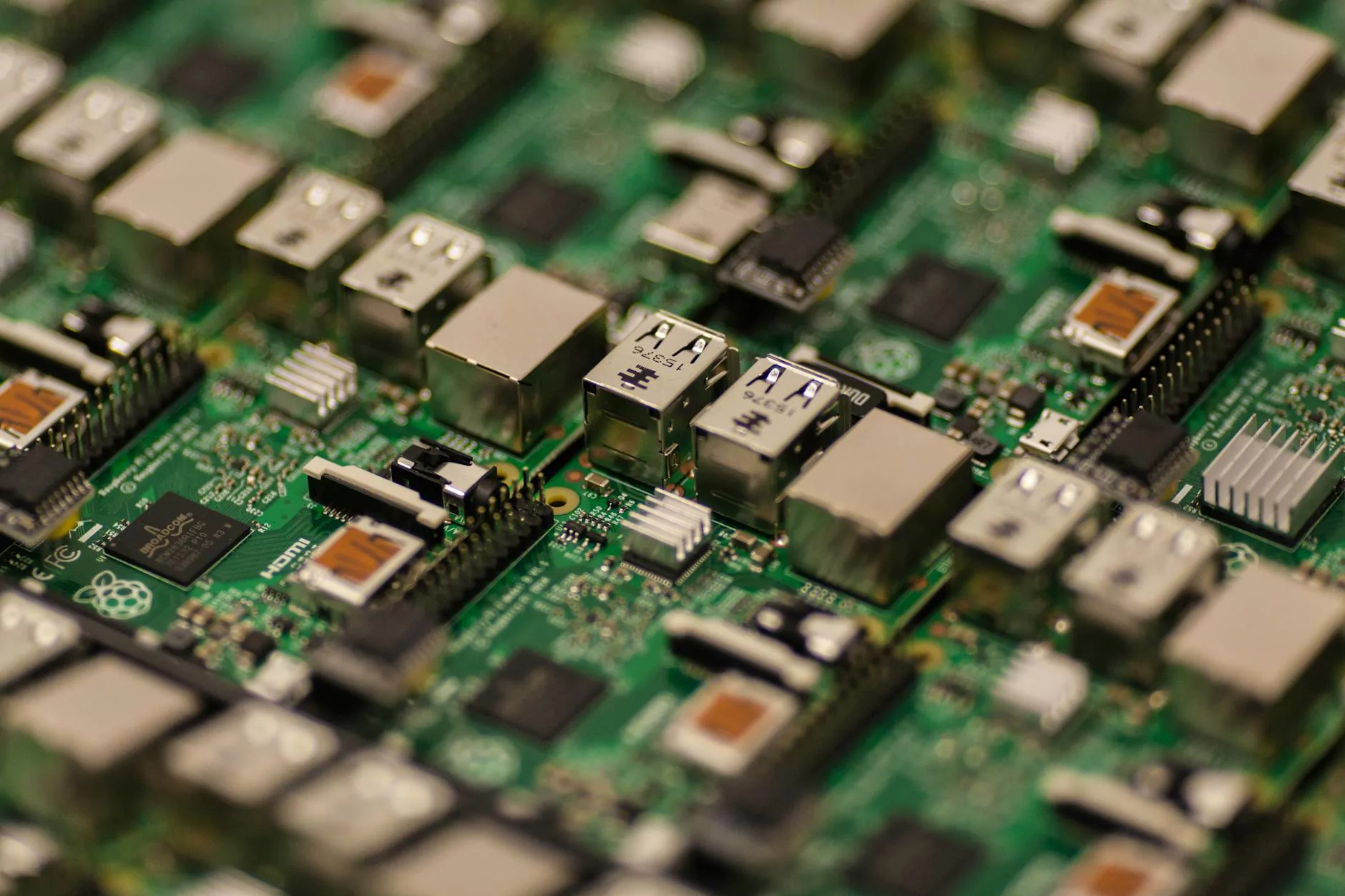Enhancing Urban Cleanliness: The Essential Role of Road Cleaning Trucks

The demand for urban cleanliness has never been greater. With increasing populations and bustling city life, maintaining the cleanliness of our streets is crucial for public health, environmental sustainability, and aesthetic appeal. One of the primary tools in achieving this goal is the efficient and powerful road cleaning trucks. These specialized vehicles not only help in keeping the streets clean but also contribute significantly to the overall well-being of every community. In this article, we will delve deep into the functionality, importance, and future advancements of road cleaning trucks.
The Functionality of Road Cleaning Trucks
Road cleaning trucks are specifically designed to remove debris, dirt, and waste materials from road surfaces. They come equipped with various features to enhance their efficiency, including:
- Vacuum Systems: Most modern road cleaning trucks utilize powerful vacuum systems that can pick up dirt, leaves, and litter with exceptional efficiency.
- Brush Systems: The rotating brushes on the trucks agitate and loosen debris, allowing for optimal suction.
- Water Spraying Systems: To minimize dust and enhance cleaning efficiency, many trucks are equipped with water spraying capabilities that dampen the road surface and help lift stubborn dirt.
- Multiple Compartments: These trucks often have multiple compartments allowing them to segregate waste efficiently, especially between recyclables and general waste.
The Importance of Road Cleaning Trucks in Urban Areas
The significance of road cleaning trucks extends beyond just aesthetics. Here are some key areas where they make an impact:
1. Public Health and Safety
Debris and litter on the streets can create unsafe conditions for both pedestrians and vehicles. By ensuring that streets are kept clean, road cleaning trucks help to reduce the risk of accidents and contribute to overall public safety. Moreover, the removal of waste helps prevent the breeding of pests and can significantly reduce allergy-inducing pollen and other allergens.
2. Environmental Benefits
Clean streets contribute positively to the environment. By removing garbage and litter, road cleaning trucks help prevent pollution from entering local waterways. Additionally, many municipalities use eco-friendly cleaning products in conjunction with these trucks, further reducing their ecological footprint. This plays a vital role in preserving biodiversity and protecting local ecosystems.
3. Economic Impacts
Cities that invest in efficient street cleaning tend to attract more businesses and tourists. Clean streets reflect positively on a city's image and can enhance the online reputation of local businesses. Furthermore, regular maintenance of streets prolongs their lifespan, which can have significant economic benefits over time.
Technological Advancements in Road Cleaning Trucks
As technology continues to evolve, so do road cleaning trucks. New features aimed at improving efficiency, reducing environmental impact, and enhancing user experience are constantly being developed. Here are some of the most notable advancements:
1. Smart Technology Integration
Modern road cleaning trucks are increasingly equipped with smart technology, allowing for real-time data collection and analysis. This technology can help track the cleanliness of roads, optimize cleaning schedules, and allocate resources more effectively. For instance, using GPS and mapping technologies, municipalities can determine which areas require more frequent attention and adjust their cleaning plans accordingly.
2. Electric and Hybrid Models
With growing concerns over air quality and carbon emissions, the development of electric and hybrid road cleaning trucks is on the rise. These vehicles provide similar cleaning capabilities while significantly reducing emissions and noise pollution, making them an excellent choice for urban environments where low emission zones are becoming more common.
3. Improved Ergonomics and Operator Comfort
Attention to operator comfort and safety has led to the inclusion of improved cabin designs, better visibility, and user-friendly controls in modern road cleaning trucks. Such enhancements not only boost driver efficiency but also reduce fatigue and injuries, ultimately contributing to improved overall productivity.
Challenges Facing Road Cleaning Trucks
While road cleaning trucks are invaluable for urban cleanliness, they face several challenges, including:
1. Budget Constraints
Many municipalities are working with limited budgets, making it difficult to invest in the latest road cleaning technologies or to maintain existing fleets. Advocacy for increased funding for street cleaning is crucial to overcome this challenge.
2. Operational Challenges
Factors such as traffic congestion, weather conditions, and roadwork can significantly hinder the operational efficiency of road cleaning trucks. Effective planning and adaptive management can help to mitigate some of these operational setbacks.
3. Public Awareness
Engaging the community and raising awareness about the importance of street cleaning is vital. Public cooperation plays a significant role in maintaining cleanliness; educative initiatives can encourage citizens to minimize littering and participate in local clean-up events.
Future Trends in Road Cleaning Technologies
The future of road cleaning trucks is bright, with numerous trends and innovations on the horizon:
1. Automation and AI
As automation technology becomes more prevalent, we can expect to see the introduction of autonomous road cleaning trucks. These vehicles can operate independently, utilizing AI algorithms to navigate and clean efficiently without human intervention, leading to enhanced operational efficiency and cost savings.
2. Enhanced Sustainability Practices
There is a growing emphasis on sustainability in urban cleaning initiatives. The development of biodegradable cleaning agents and the use of recyclable materials for truck manufacturing are just a couple of ways the industry is moving towards greener practices.
3. Integration with Urban Infrastructure
As cities become smarter, the integration of road cleaning systems with urban infrastructure will increase. This could mean seamless communication between cleaning trucks and other city services to optimize operations further. For instance, being alerted to a sudden influx of litter due to a city event could help adjust cleaning schedules accordingly.
Conclusion
In conclusion, road cleaning trucks play an essential role in enhancing urban environments and improving public health. As technology continues to evolve, these vehicles will become even more efficient and effective in their operations. By investing in advanced road cleaning trucks and fostering public engagement, cities can expect to see significant benefits in cleanliness and overall urban quality of life. The future of road cleaning trucks shines brightly, promising cleaner, safer, and more appealing urban spaces for all.









